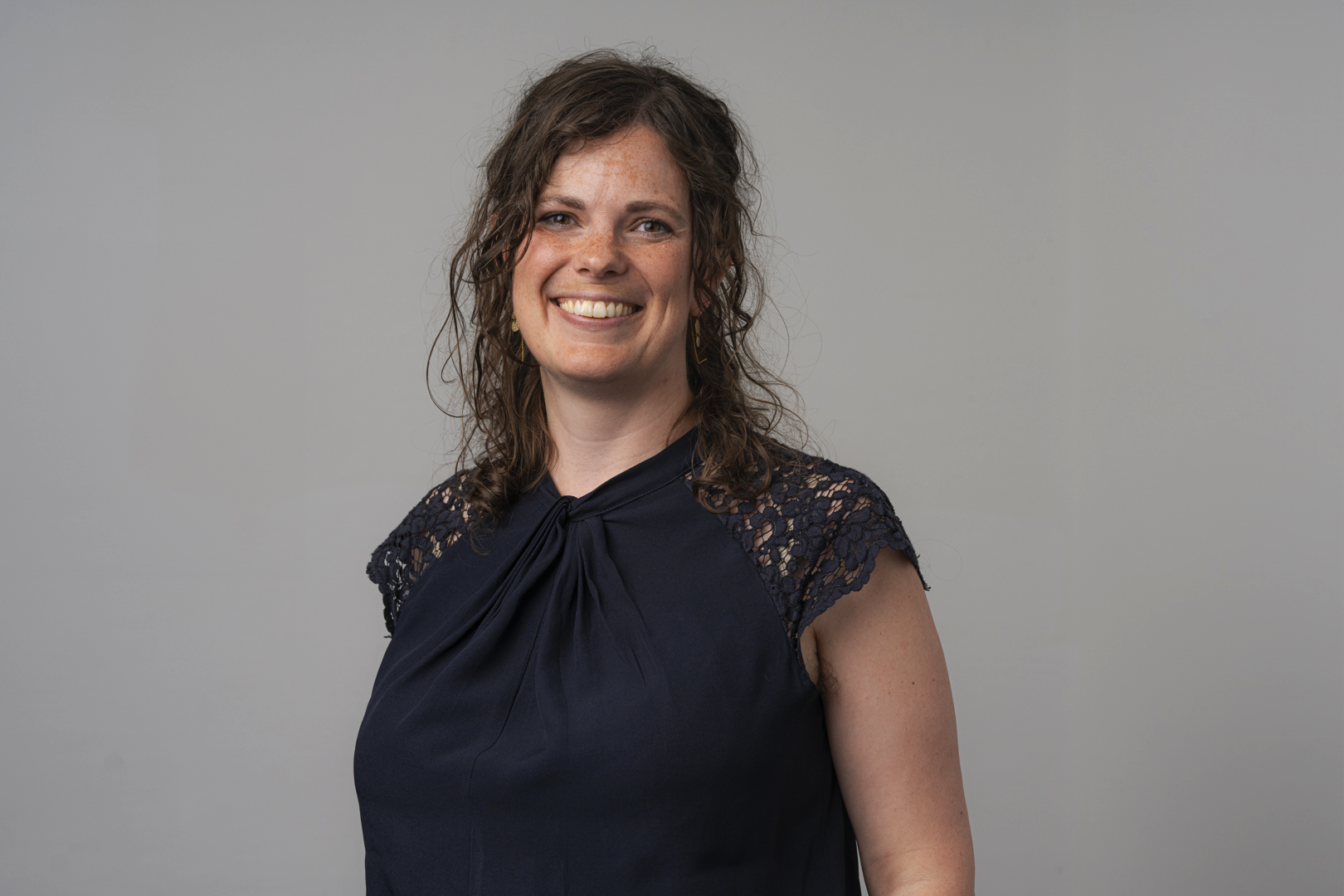Kamilla Kraft
Research leader

Project title
Making Language Work: Multilingualism in the Danish Agricultural Sector (MiDAS)
What is your project about?
My project is about the relations of language and work in the Danish agricultural sector. One in three employees in the agricultural sector is a migrant worker, which means that work in agriculture are characterized by linguistic and cultural diversity. The project is designed as an ethnography and examines how multilingualism as a phenomenon is managed through (1) legislation and recommendations on language, (2) multilingual interactions in daily work activities on a farm, and (3) individuals' experiences of a multilingual and multicultural working life. The project also examines how multilingualism creates a need for language work, e.g. the need for human or technologically mediated translation as part of working life. A greater knowledge of these issues contributes to the theorisation of multilingualism and work as well as inclusion and productivity in the agricultural sector.
How did you become interested in your particular field of research?
I am interested in multilingualism and labour migration because both language and work are fundamental in the management of human societies and sociality. Work is closely linked to both livelihoods and social status, and language often decides access to work – especially in migration contexts. When I studied multilingualism and labour migration in the Norwegian construction industry, I realised how little my field has studied the relations between multilingualism and work in the manufacturing and agricultural sectors. I would like to alter this. In addition, I am interested in a disciplinary divide in the study of multilingualism and labour migration, where studies either criticise the management of multilingualism or focus exclusively on the language and integration off oreign employees. Instead, I would suggest an integrative approach to the study of multilingualism at and as work.
What are the scientific challenges and perspectives in your project?
The biggest scientific challenge in my project is to work with multilingual individuals and data. When we as researchers explore multilingual workplaces, we have exactly the same challenges as those who work there; we do not understand all languages spoken. We must therefore find alternative strategies for everything from providing easily understandable information about the project, to data processing to establishing rapport with the participants. At the same time, this challenge is also crucial to obtaining an embodied understanding of what multilingualism means to our participants. And this understanding is the cornerstone in conducting research that can identify and address both challenges and opportunities in the management of multilingualism with a view to better inclusion and productivity, e.g. through increased recruitment and retention of foreign employees.
What is your estimate of the impact, which your project may have to society in the long term?
My research will contribute to a labour market that is both fair and ready for a multilingual future. The Danish welfare state will become increasingly dependent on foreign labour to perform vital functions in society. In addition, Danish society will also become more multilingual as part of the globalization processes we always have and always will be a part of, including labour migration. This means that we as a society need to figure out how we want to manage this multilingualism. This project can contribute to this process by creating critical knowledge about existing practices and ideologies along with their consequences, as well as recommendations for inclusive and productive work practices.
Which impact do you expect the Sapere Aude programme will have on your career as a researcher?
The opportunity to be part of the Sapere Aude programme means that I can take the next important step in my research career; leading my own research project. I have been involved in designing and managing many research projects under inspiring research leaders and now look forward to having the opportunity to apply these experiences and exemplary role models as well as develop new practices in collaboration with my own team. The experience as a research leader and the project itself also provide an opportunity to sediment the importance of research in multilingualism in a globalized labour market – not least in sectors that researchers might have considered language marginal. Finally, it is important to me that the Sapere Aude programme offers a strengthened position to promote an academic working environment based on collaborative principles of shared curiosity, ambition and trust.
Background and personal life
I grew up in Nykøbing Sjælland in Odsherred, after which I moved to Holbæk while I studied English and Social Science at Roskilde University. I then moved to Norway while I did my PhD dissertation at the University of Oslo. Now I live in Roskilde with my partner, Nick, and our cat. I spend my leisure time volunteering in the association 'Globale Kvinder' (Global Women), reading (often many books at the same time), role-playing, knitting and drawing as well as enjoying time with friends and family.
View all research leaders here
Research institution
University of Copenhagen
Research field
Sociolinguistics; sociology of language; linguistic anthropology
City of your current residence
Roskilde
High school
Stenhus Gymnasium
